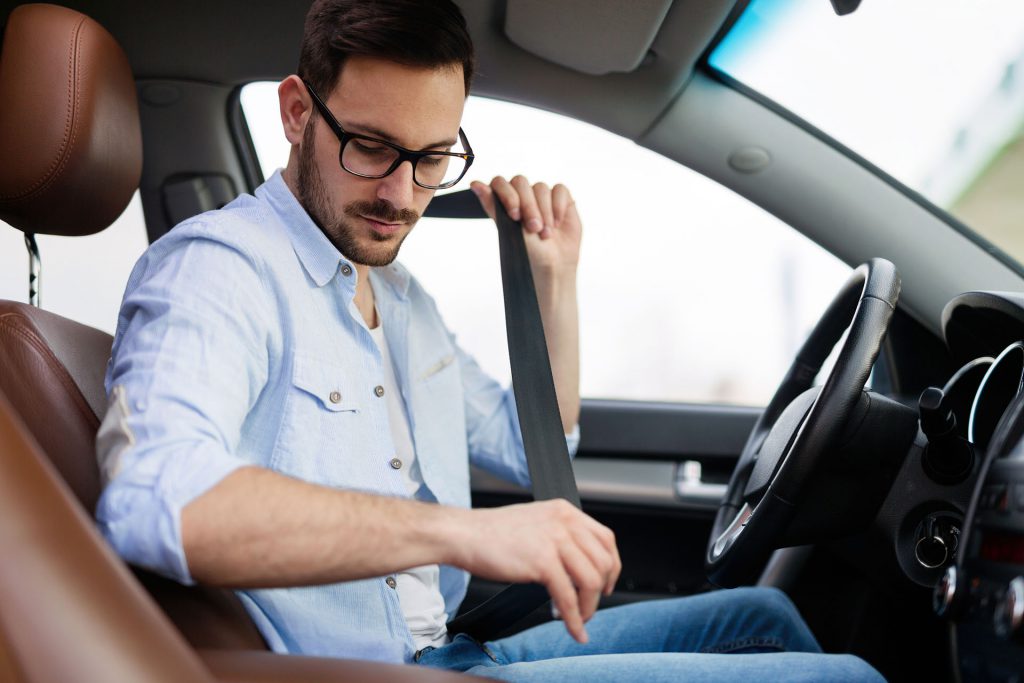According to the Chicago Tribune, the problem with self-driving cars is that they do not drive themselves – or at least not yet. Presently, there are so-called self-driving cars on the highways that are being tested by Tesla and Uber. And while these cars have a number of features that allow them to “drive” without too much assistance from a human being, they still require a human in the driver’s seat who can take over in the event something goes wrong. Below, we discuss these safety issues, self-driving car accidents, and your legal options.
Fatal Accidents with Self-Driving Cars Raise Safety Issues
As human beings, we are easily bored, particularly when it requires us to sit and watch a device in the unlikely event that is malfunctions. As a result, there have already been several fatal crashes involving self-driving cars in the past few years. These crashes highlight the real problem with self-driving cars.
With better automation, drivers “zone out” behind the wheel. As such, they fail to catch a minor blip before it turns into a serious accident. According to the National Highway Traffic Safety Administration (NHTSA), human error is responsible for at least nine-tenths of all car collisions in the United States. Despite this, having a real human being in the driver’s seat remains a vehicle’s best safety feature.
Self-Driving Car Accidents
Video from a crash that occurred in Tempe, Arizona showed an Uber test driver looking down just prior to the vehicle hitting and killing a pedestrian who was walking her bicycle across the street. Following this fatal accident, Arizona governor Doug Ducey ordered Uber to stop testing self-driving vehicles in the state.
In California, the driver of a “self-driving” Tesla was killed when the car smashed into a concrete barrier. The driver did not have his hands on the wheel of the car for at least six seconds prior to the deadly collision. He even received several audible and visual warnings to put his hands on the steering wheel. Despite these types of deadly crashes, Tesla maintains the safety of their self-driving cars, claiming they are 3.7 times less likely to be involved in a fatal crash than a “regular” vehicle.
How Do Self-Driving Cars Operate?
Some of the best technology has gone into self-driving cars. Unlike human drivers, a self-driving car is unable to drink too much, talk on the phone, text while driving, or fall asleep behind the wheel. In theory, this means self-driving cars should be much safer than our current vehicles.
Some feel that rather than a self-driving car, innovators should be working on so-called “guardian” systems, which would allow drivers to be in charge, with his or her hands always on the wheel. Cars would then be equipped with additional features to help prevent collisions. Many experts feel that this would be the best of both worlds, since it would allow drivers to maintain the actual stimulation of driving, while simultaneously keeping everyone on the roadways safer.
Have You Been Injured in a New Jersey Car Accident?
Being involved in a car accident is scary and stressful, but an experience that would be easier with experienced New Jersey car accident attorneys on your side. If you or someone you love has been injured due to someone else’s carelessness or negligence on the highway, you need a law firm with the experience and resources required to tackle such a large and complex case.
At Rosner Law Offices, P.C., our attorneys know how to fight large insurance companies so that you receive the compensation you need to get your life back on track. Contact us today at (856) 502-1655 today to schedule your free case evaluation.



 Call Us
Call Us Text Us
Text Us Email Us
Email Us